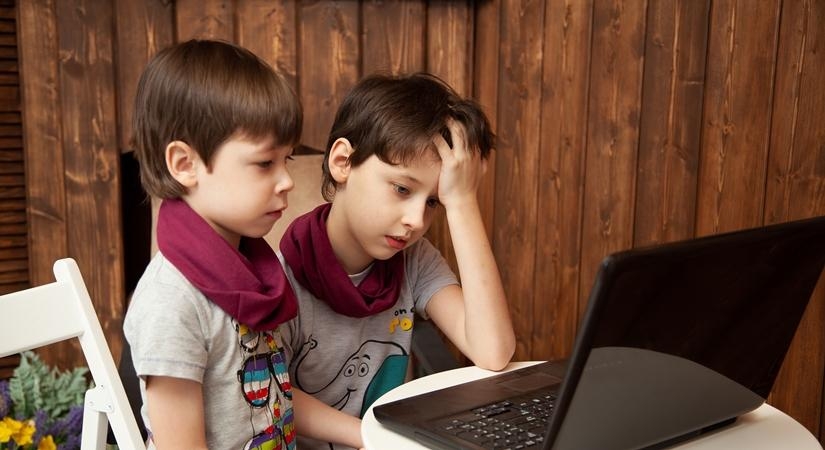Screen time affects boys and girls differently, a new study suggests that boys who play video games regularly are less likely to develop depressive symptoms whereas girls who stay active on social media platforms may experience an increased risk of depressive symptoms.
The findings indicate that boys, who played video games at age of 11 had 24 per cent fewer depressive symptoms three years later, whereas girls who used social media most on days at age 11 had 13 per cent more depressive symptoms three years later.
“Screens allow us to engage in a wide range of activities. Guidelines and recommendations about screen time should be based on our understanding of how these different activities might influence mental health and whether that influence is meaningful,” said researcher Aaron Kandola from the University College London.
“While we cannot confirm whether playing video games actually improves mental health, it didn’t appear harmful in our study and may have some benefits. Particularly during the pandemic, video games have been an important social platform for young people,” Kandola added.
For the study, published in the journal Psychological Medicine, the team reviewed data from 11,341 adolescents who are part of a cohort study to investigate screen time as it is responsible for much of sedentary behaviour in adolescents.
The study participants had all answered questions about their time spent on social media, playing video games, or using the Internet, at age 11, and also answered questions about depressive symptoms, such as low mood, loss of pleasure and poor concentration, at age 14.
The team said that the effect of reduced depressive symptoms was only significant among boys with low physical activity levels. They suggest that less active boys could derive more enjoyment and social interaction from video games.
Other studies have previously found similar trends and researchers have suggested that frequent social media use could increase feelings of social isolation.
IANS
